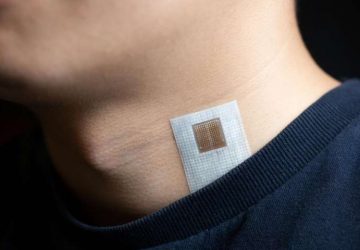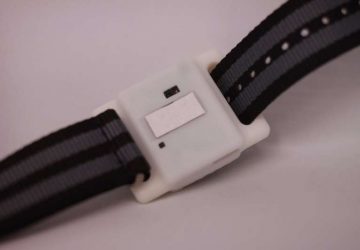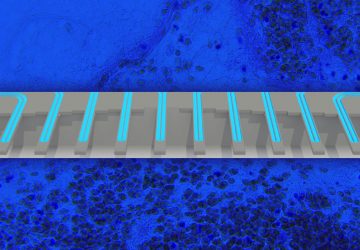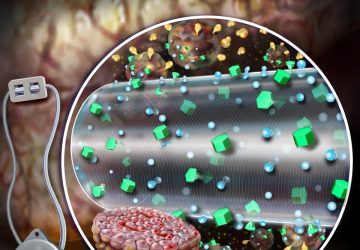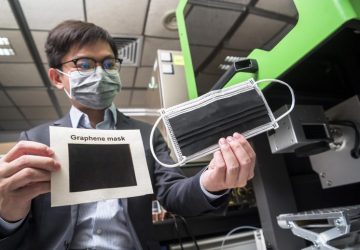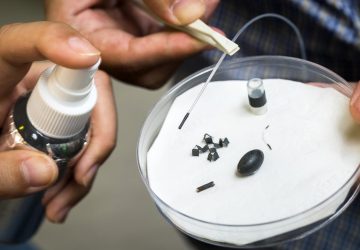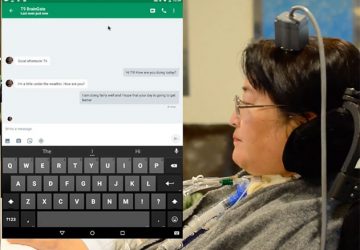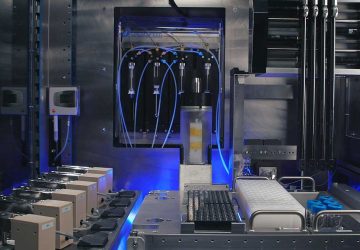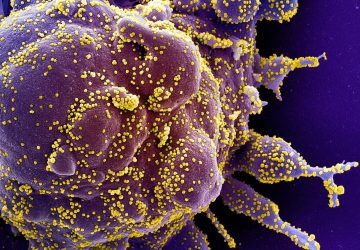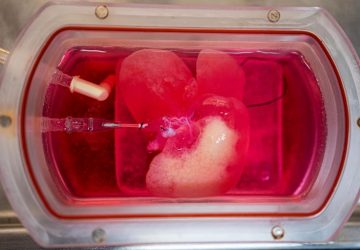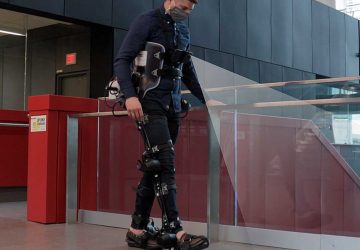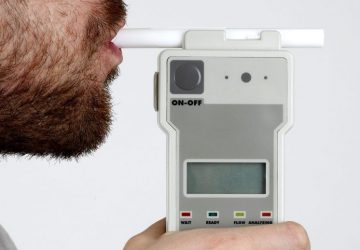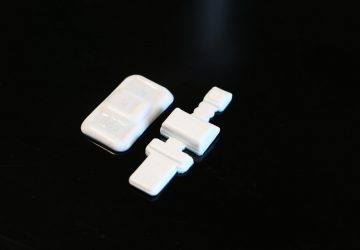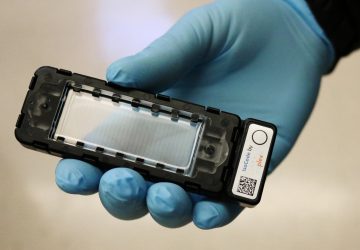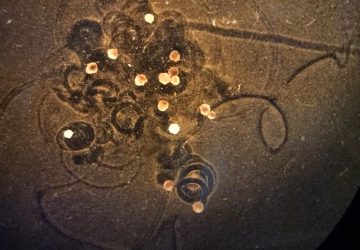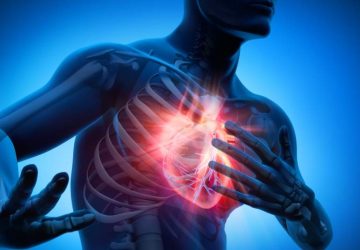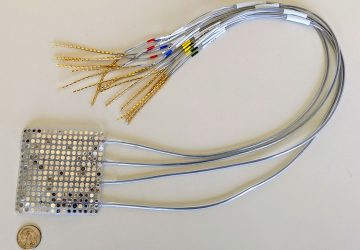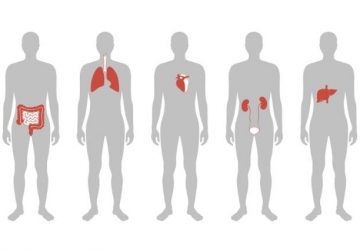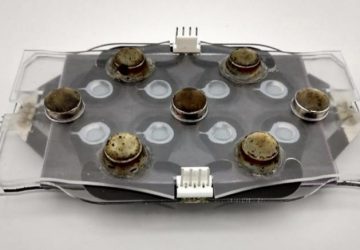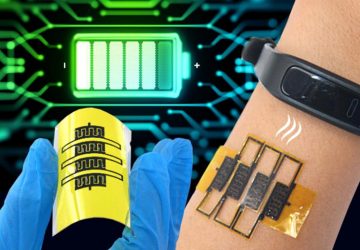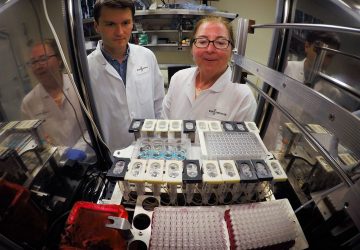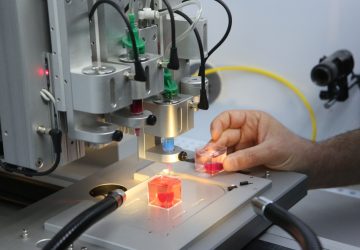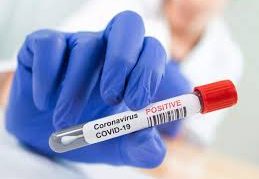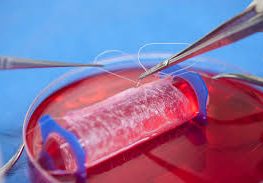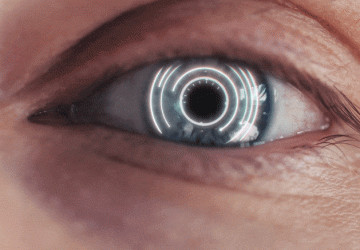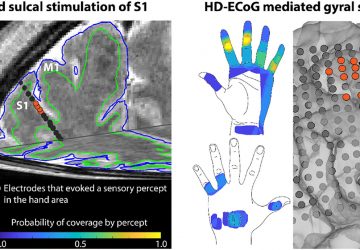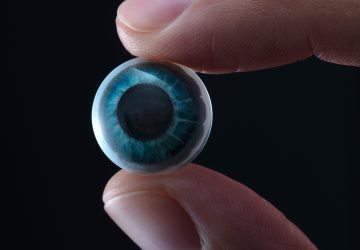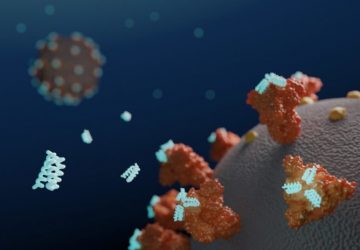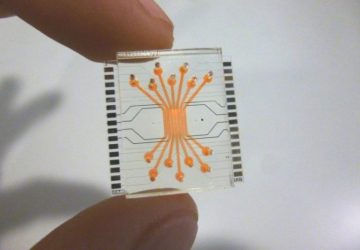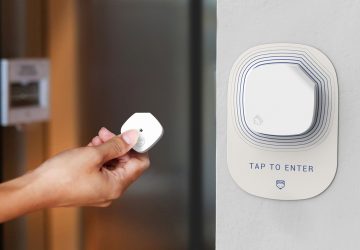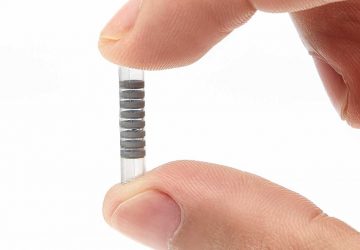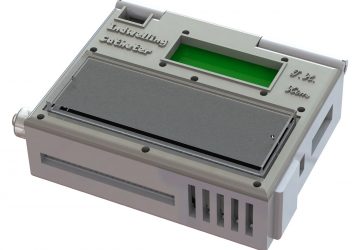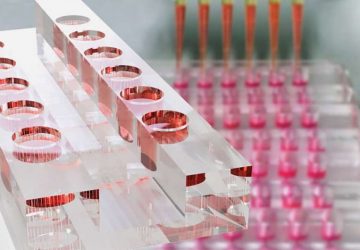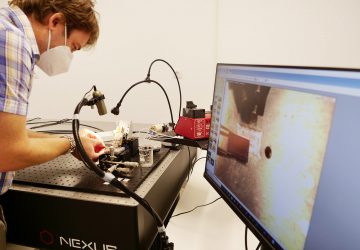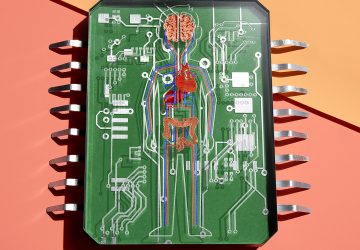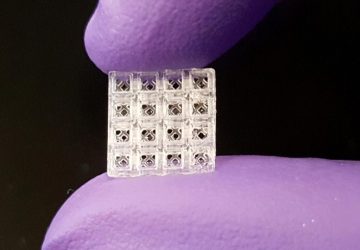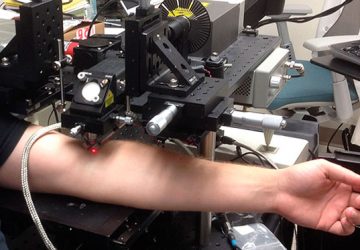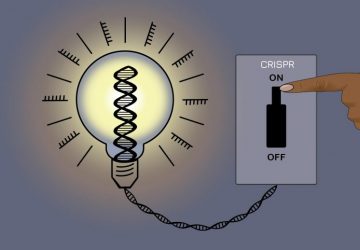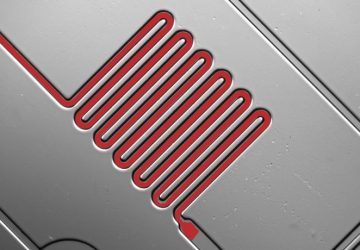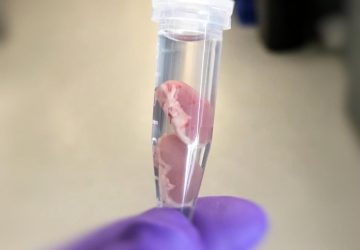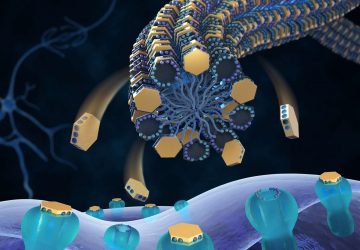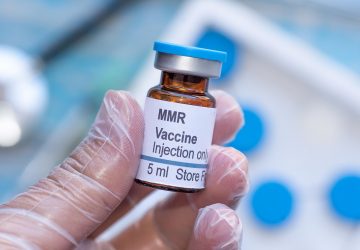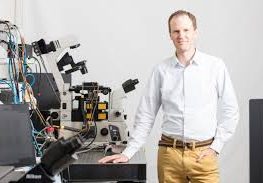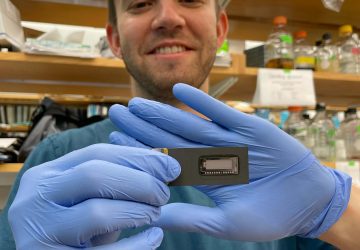The new chip developed by Barcelona researchers. Credit: Jose Yuste (CSIC-IMB-CNM) For some years, scientists have been researching in order to find ways of reducing animal testing and accelerating clinical trials. In vitro assays with living cells is an alternative, but it has limitations as the interconnection and interaction between cells cannot be easily reproduced. To overcome the latest, scientists are developing systems that mimic tissues and organ functions in…
Read MoreBioengineers Develop Hybrid Hydrogel System to Help Heal Bones
This is cartilage template formation via engineered extracellular matrix. Credit: Syam Nukavarapu/UConn Photo A team of UConn Health researchers has designed a novel, hybrid hydrogel system to help address some of the challenges in repairing bone in the event of injury. The UConn Health team, led by associate professor of orthopedic surgery Syam Nukavarapu, described their findings in a recent issue of Journal of Biomedical Materials Research-Part B, where the…
Read MoreCommandeering microbes pave way for synthetic biology in military environments
Genetically engineered XPORT bacteria (purple) are capable of delivering DNA programming into a wide range of bacteria, even in complex environments. Credit: US Army Graphic by Autumn Kulaga A team of scientists from the U.S. Army Research Laboratory and the Massachusetts Institute of Technology have developed and demonstrated a pioneering synthetic biology tool to deliver DNA programming into a broad range of bacteria. This research was recently published in the…
Read MoreCorneas Could Be the First Mainstream Application of Bioprinting
The startup Precise Bio says it can replace donated eyes with 3D-printed corneas Photo: Precise Bio The cornea is a transparent piece of tissue that protects the eye and helps focus light on the retina. Precise Bio’s bioprinted corneas could replace natural corneas damaged by disease or injury. Here’s a futuristic problem that may not have occurred to you: If self-driving cars really catch on and the number of traffic…
Read MoreBlood Pressure Monitoring Off the Cuff
Cuffless blood pressure monitors could help continuously measure this vital sign Photo: J. Choi/Northwestern University Blood pressure is normally monitored using a cuff wrapped around the upper arm, but new research could one day lead to a cuffless, less intrusive way to measure blood pressure. Blood pressure reflects both physical health and emotional states. Traditionally, doctors measure this vital sign using an inflating cuff that applies pressure against the arm to…
Read MoreBigger proteins, stronger threads: Synthetic spider silk
Engineering scientists use bacteria to create biosynthetic silk stronger and more tensile than before Spun biosynthetic silk. Credit: Christopher Bowen Spider silk is among the strongest and toughest materials in the natural world, as strong as some steel alloys with a toughness even greater than bulletproof Kevlar. Spider silk’s unmatched combination of strength and toughness have made this protein-based material desirable for many applications ranging from super thin surgical sutures…
Read MoreFecal microbiota transplantation helps restore beneficial bacteria in cancer patients
The Human Microbiome Project, launched by NIH in 2007, provided a glimpse of the microbial diversity of healthy humans and is exploring the possible relationship between human diseases and the microbiome. Credit: Jonathan Bailey, NHGRI Researchers at Memorial Sloan Kettering Cancer Center have shown that autologous fecal microbiota transplantation (auto-FMT) is a safe and effective way to help replenish beneficial gut bacteria in cancer patients who require intense antibiotics during…
Read MoreCidara initiates Phase 3 clinical trial to evaluate efficacy, safety of rezafungin to treat invasive candidiasis
Cidara Therapeutics, Inc., a biotechnology company developing novel anti-infectives including immunotherapies, today announced that the first trial site has been activated for ReSTORE, a Phase 3 clinical trial evaluating the efficacy and safety of the company’s lead antifungal, rezafungin, to treat candidemia and invasive candidiasis. Rezafungin is a novel echinocandin antifungal being developed as a once-weekly, high-exposure therapy for the treatment and prevention of serious invasive fungal infections. “Given the…
Read MoreAcute leukemia: Drug trials show 50 percent cure rate in lab mice
Acute myeloid leukemia is one of the most aggressive cancers. While other cancers have benefitted from new treatments, there has been no encouraging news for most leukemia patients for the past 40 years. Until now. As published today in the scientific journal Cell, Professor Yinon Ben-Neriah and his research team at the Hebrew University of Jerusalem (HU)’s Faculty of Medicine have developed a new biological drug with a cure rate…
Read MoreStarkey’s AI Transforms Hearing Aids Into Smart Wearables
Photo: Starkey Hearing Technologies Today, Starkey Hearing Technologies unveiled an AI-powered hearing aid that fits snugly into your ear, automatically translates foreign languages, and tracks both your physical and mental health. With the new device, Starkey aims to overcome the stigma of hearing aids as medical devices for old folks rather than wearables for the tech-savvy crowd. The company promotes its Livio AI hearing aid as a multifunctional device that combines features from wireless headsets, fitness trackers and…
Read More
